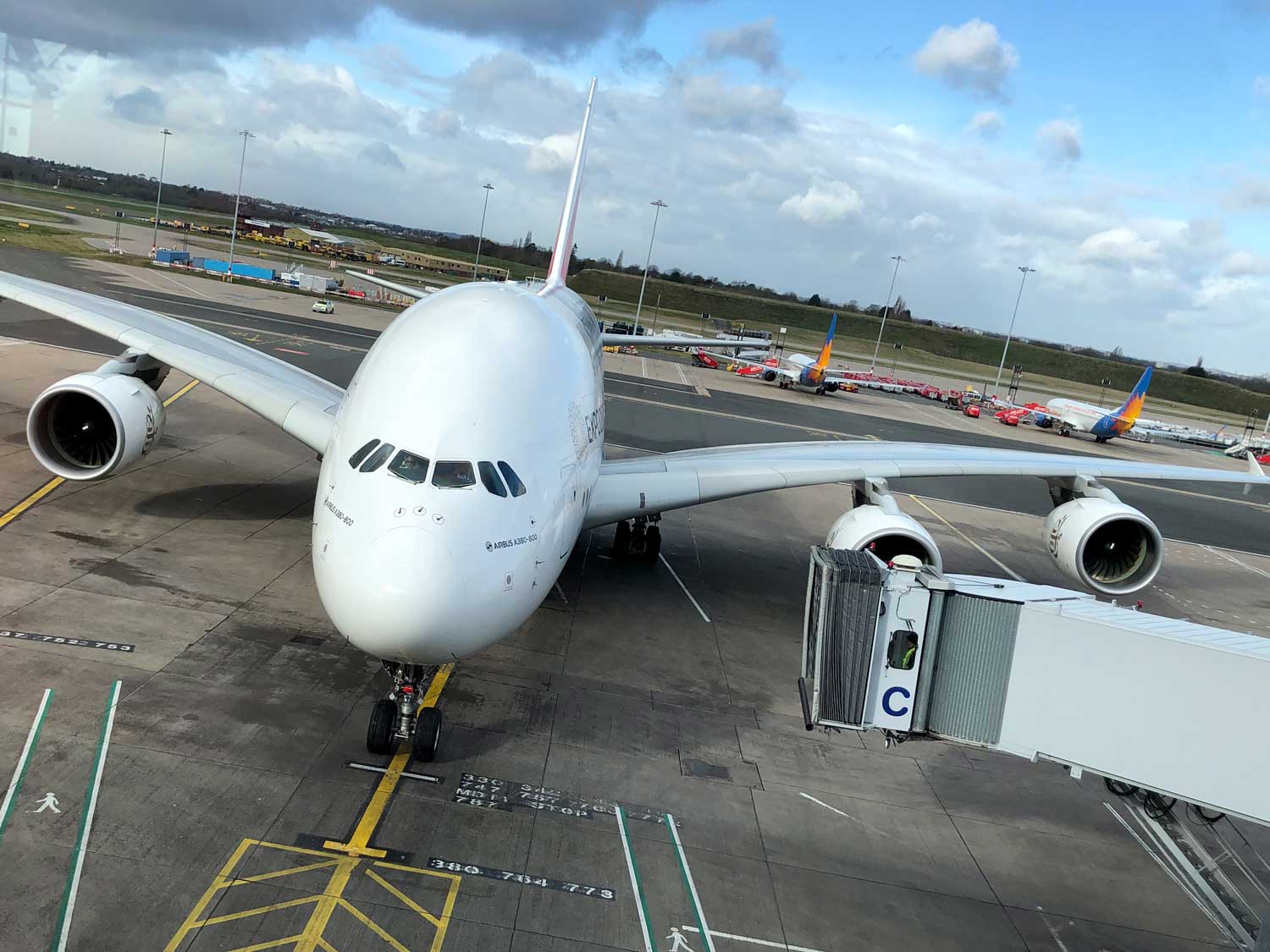European ports are overflowing with imported electric vehicles (EVs), especially from China, as manufacturers rush to ship cars before new tariffs take effect. This surge in imports has turned car terminals into vast car parks, with dealers hesitating to accept more vehicles due to slowing sales.
Ports like Zeebrugge and Bremerhaven, which are among the largest car handling facilities in Europe, are particularly congested. A shortage of truck drivers and transport equipment has exacerbated the issue.
At Calloo near Antwerp and Zeebrugge, parking lots that can hold 130,000 vehicles are packed with Chinese brands like MG, BYD, and Nio. Chinese vehicle exports to Europe reached 1.3 million in Q1 2024, a 33% increase from the previous year, with most being EVs. Antwerp-Bruges, Europe’s second-largest port, expects between 600,000 to 1 million Chinese vehicles this year.
Registrations of Chinese-made EVs in Europe increased by 23% from January to April 2024. Western and Japanese brands manufactured in China, such as Tesla and Volkswagen, accounted for 54% of these registrations.
Tariffs and Strategic Moves
The US imposed a 100% tariff on Chinese EVs starting on the 1st August 2024, while the EU applied additional duties of 17-38% from the start of July, on top of an existing 10% tariff. BYD, China’s largest EV maker, faces the lowest additional tax at 17.4%.
To avoid EU tariffs, BYD is setting up a $1 billion manufacturing plant in Turkey, which is part of the EU’s Customs Union, allowing vehicles produced there (up to 150,000 p.a.) to avoid additional tariffs.
UK’s Post-Brexit Tariff Options
The UK can avoid negative impacts of the EU’s punitive tariffs on Chinese EVs, as its interests differ. With most volume car production moved to the EU, the UK has a £25bn trade deficit in motor vehicles with the EU. Nissan is the only major producer left in the UK, exporting 70% of its output to the EU. Thus, EU tariffs inadvertently protect Sunderland’s car manufacturing.
The UK’s auto industry is shifting towards high-value, customized vehicles, which dominate its £28bn global exports. These premium vehicles are not threatened by Chinese imports but could be if retaliatory tariffs from China occur. Post-Brexit, the UK can choose to stay out of the trade war, attracting auto investment and reducing the trade deficit with the EU.
RoRo Capacity Issues
The lack of RoRo capacity to transport vehicles continues to plague global car manufacturers, with the major brands establishing long-standing relationships with shipping lines, or owning their own fleets.
China’s automotive giants are constructing their own RoRo vessels, with Chinese companies set to control the fourth largest car carrying fleet in the world by 2028, controlling an estimated 8.7% of vessels in service.
Deliveries of new generation dual-fuel ships loading up to 8,000 CEU have already started, while even bigger 9,000 CEU capacity vessels have been contracted for delivery between 2025 and 2028.
Metro is exporting finished vehicles in containers, with significantly lower port to port freight costs, for a number of UK manufacturers.
In addition to avoiding the long wait for delayed (and much more expensive) RoRo services, they have no worries about congestion or shortage of space.
Standard 40’ containers can accommodate two large cars, and up to four smaller vehicles, secured on a rack, with massive efficiency gains and costs that are in line with historic RoRo levels.
If you would like further information on our containerised solutions, or have any questions or concerns about your Automotive supply chain, please EMAIL our Automotive team who are standing by to assist.





